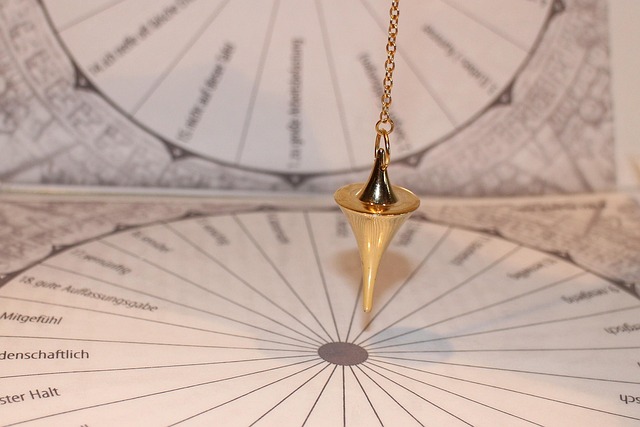Blues music, with its rich history and deep emotional resonance, has always played a pivotal role in shaping the mood of music culture. Originating in the African American communities of the Deep South in the late 19th century, blues reflects the feelings of sorrow, pain, and, ultimately, the catharsis that often comes with those experiences. The very essence of the genre captures a spectrum of moods that many of us can relate to, making it a timeless companion during both joyous and melancholic moments.
The mood conveyed through blues music is unparalleled. Guitarists and vocalists alike use their craft to express heart-wrenching stories of lost love, hardship, and resilience. The signature sound, characterized by its expressive bends and soulful riffs, draws listeners into an emotional landscape that feels deeply personal yet universally understood. Each note acts as a brushstroke on the canvas of our emotions, inviting us to reflect on our own experiences and feelings. Whether you’re at a lively party or cozied up at home with a glass of wine, blues music often sets the perfect ambiance, grounding us in a familiar emotional territory.
As a musical genre, blues has influenced countless styles, from rock and roll to jazz, gospel, and even hip-hop. The mood of blues has permeated other musical cultures, encouraging artists to infuse their work with the raw, heartfelt emotions that define this genre. Think about the electrifying guitar riffs of rock musicians or the emotive storytelling in hip-hop lyrics; they often harken back to the soulful roots of blues. This cross-pollination of genres highlights the waves blues has made in the music culture at large, showcasing how a single genre can mold countless others while simultaneously tapping into the shared human experience of deep emotion.
Attending a blues party or concert transcends mere entertainment; it’s an experience steeped in camaraderie and collective mood. The dim lights, the scent of Southern cooking wafting through the air, and the sound of a harmonica setting the tone create an atmosphere conducive to both reflection and celebration. Revelers sway to the rhythm, each person lost in their interpretation of the music—some laughing and dancing with abandon, while others remain pensive, catching their breath in moments of introspection.
Moreover, the themes explored through blues often resonate with social issues and personal struggles, establishing an even deeper connection with listeners. It acts as a historical commentary, shedding light on the challenges faced by the African American community while celebrating triumphs of the human spirit. Music is not created in a vacuum; it reflects the times and the mood surrounding it. Therefore, blues offers a platform for voices that might otherwise go unheard, allowing listeners to confront heavy emotions and find solace in shared vulnerability.
The impact of the blues on music culture continues to be profound. Contemporary musicians often borrow from its distinct sound and mood, reimagining it in ways that reflect modern sensibilities while preserving the core emotional depth that makes blues so compelling. As we seek connections through music, blues remains a powerful reminder that, no matter how diverse our experiences may be, we all share a common thread of human emotion.




